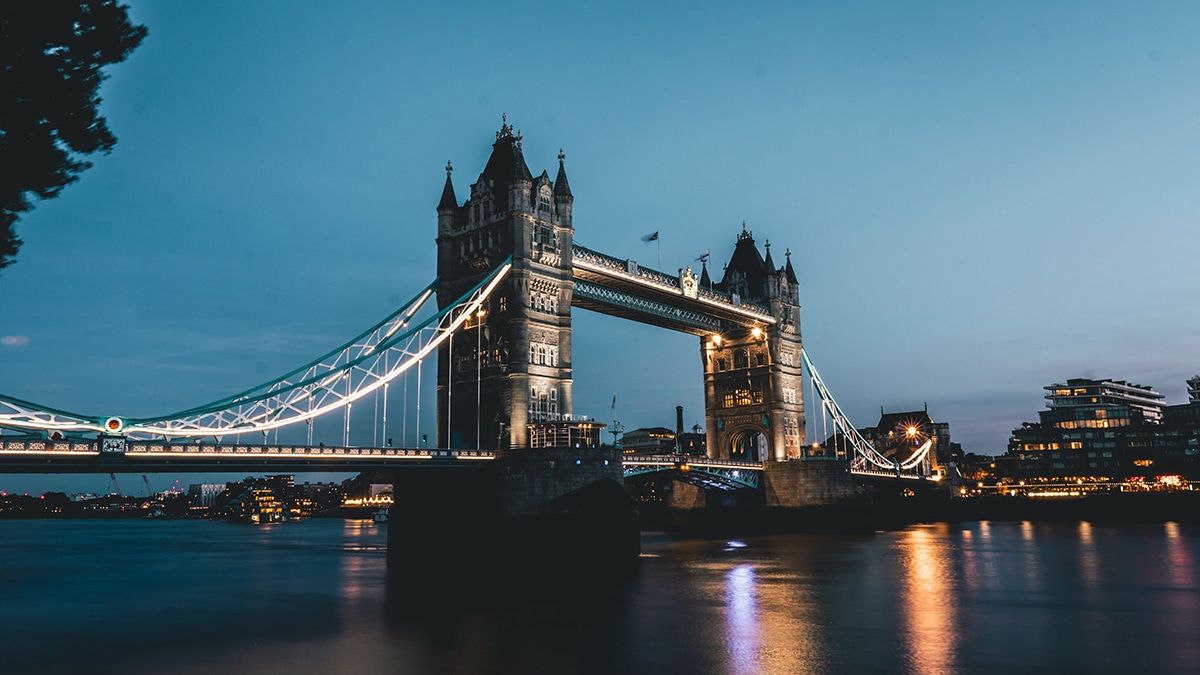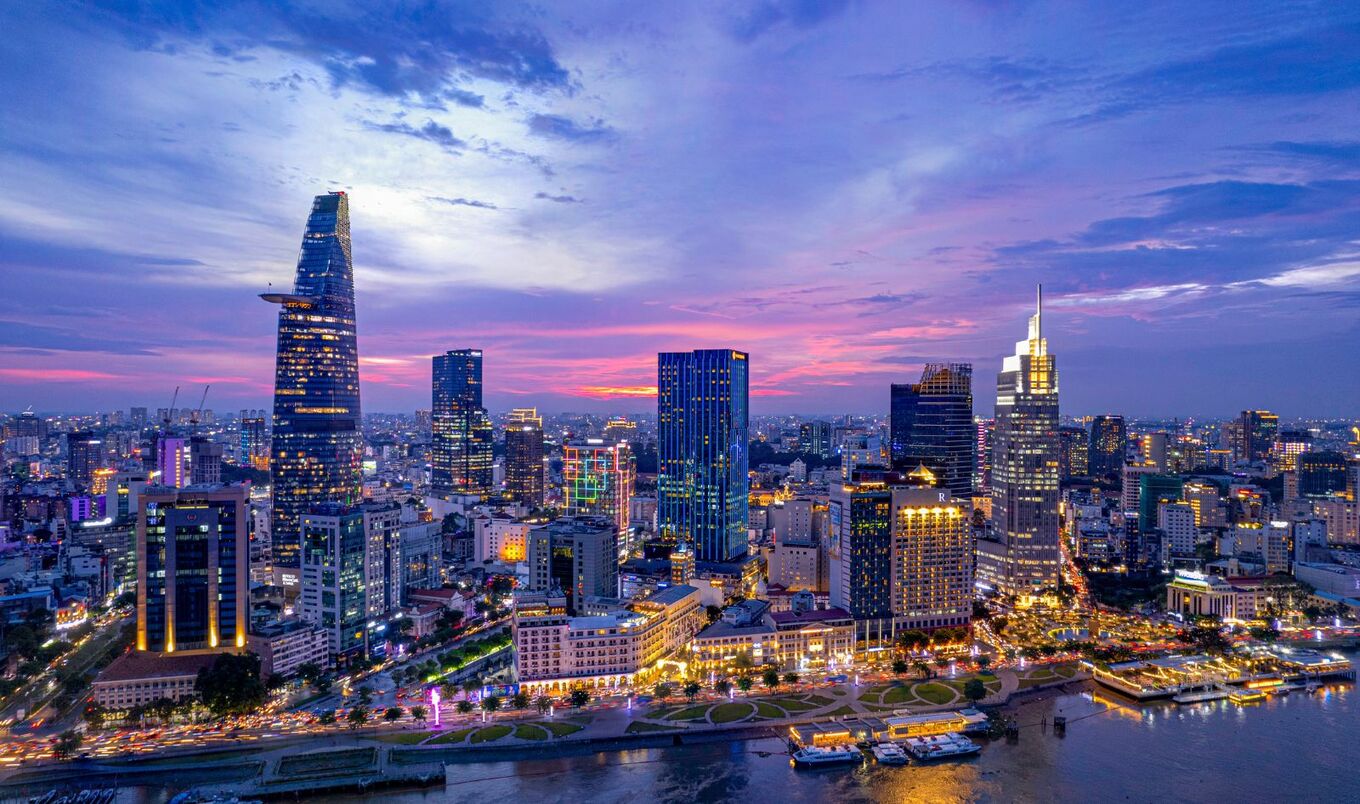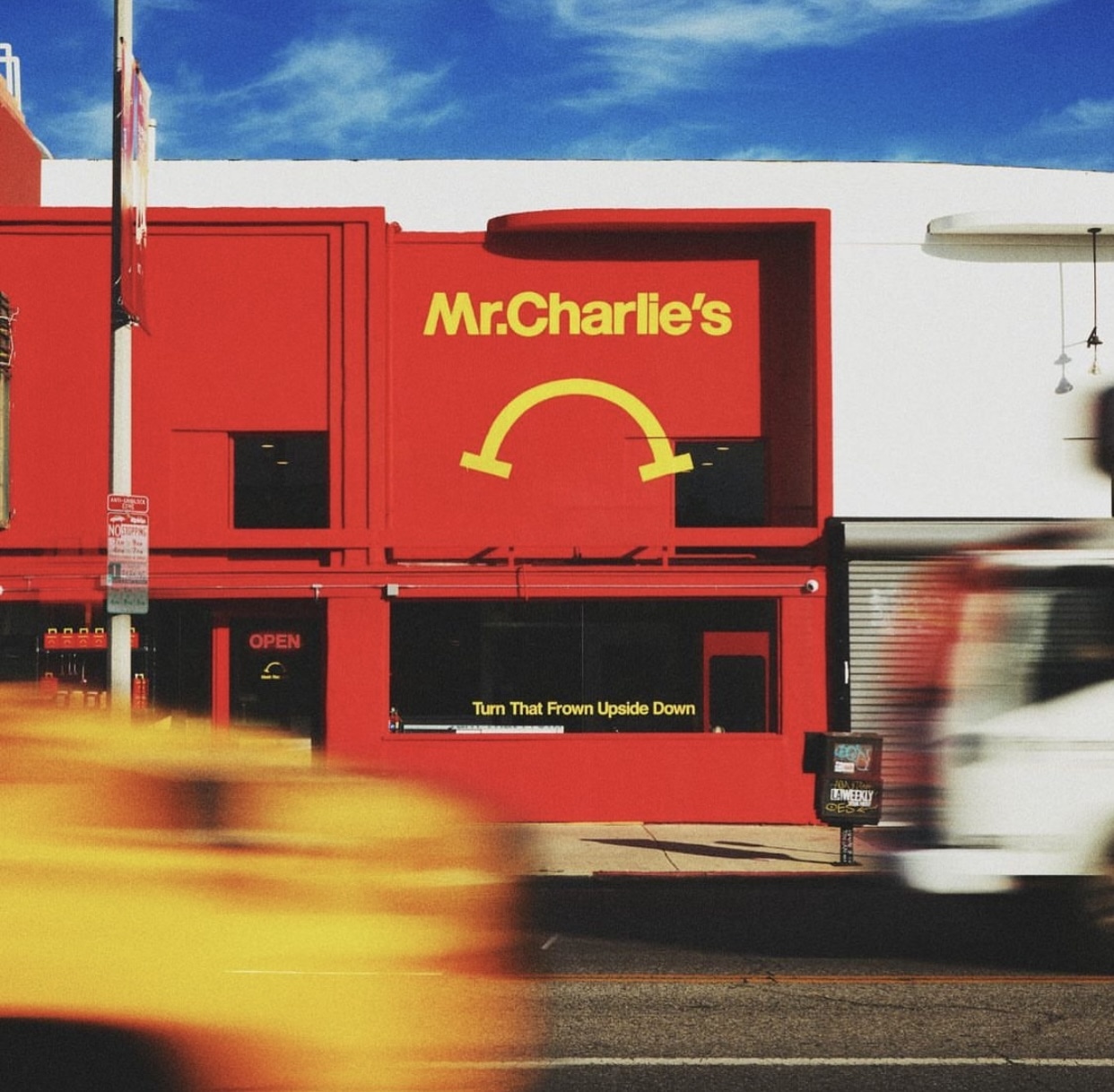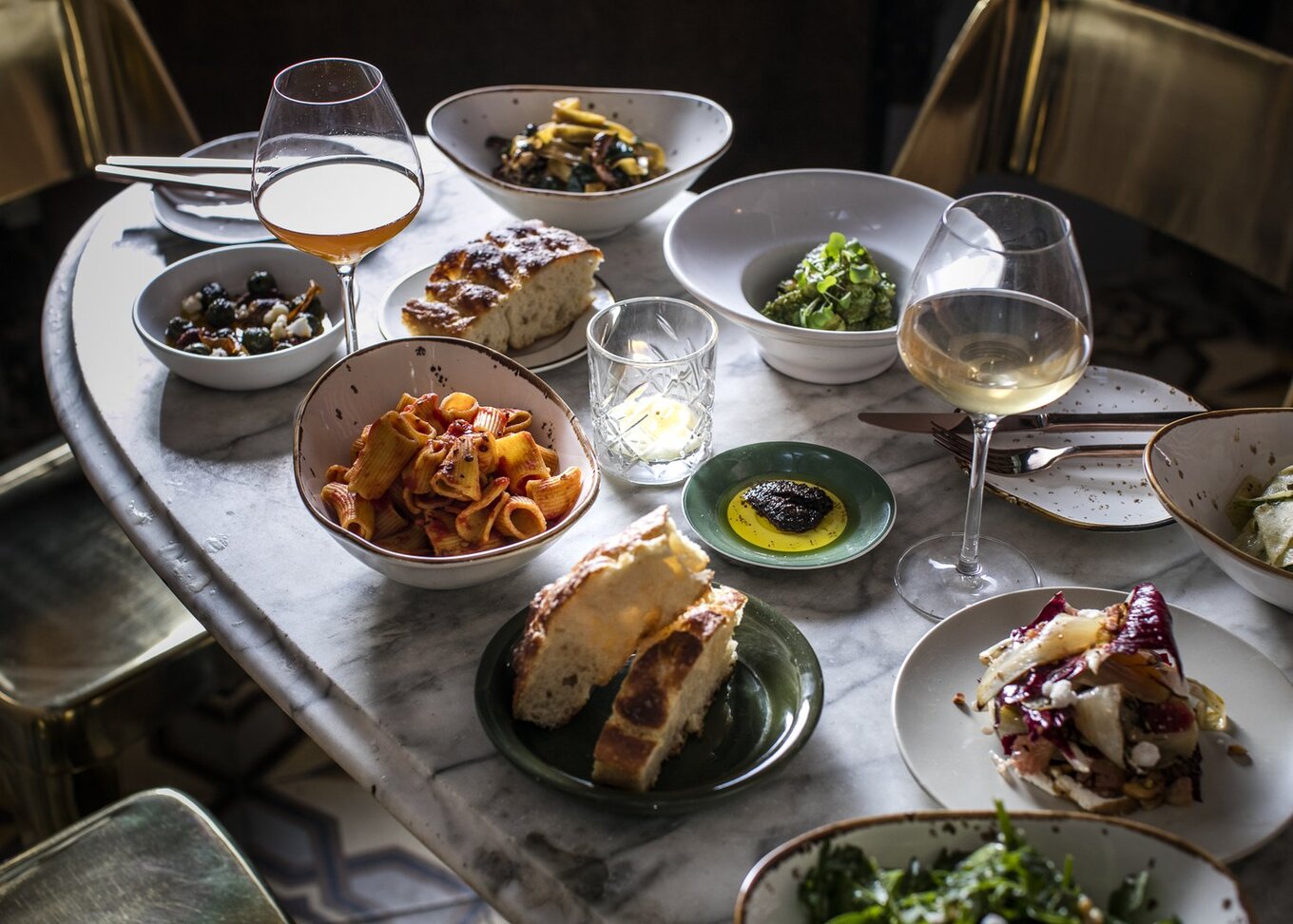HappyCow, the world’s largest vegan dining platform, has unveiled its annual Top 25 Vegan-Friendly Cities list for 2025, celebrating a quarter-century of its service. This year’s rankings emphasize the global spread of plant-based lifestyles, with notable entries and trends reflecting the sector’s steady evolution.

For the fourth year in a row, London, England and Berlin, Germany dominate the rankings. London boasts more than 3,600 listings in HappyCow’s database, while Berlin holds a strong position with more than 1,700. Meanwhile, Mexico City, Mexico and Ho Chi Minh City, Vietnam make their first-ever appearances, underscoring the growing demand for plant-based dining in regions previously less represented.
A year of steady growth and regional highlights
The 2025 report evaluates cities based on several criteria, including the number of fully vegan restaurants and businesses, the density of vegan establishments, and the qualitative experiences of HappyCow’s members. While the overall growth in vegan establishments was modest, specific cities saw notable expansions. Vietnam’s Ho Chi Minh City experienced a significant surge in 2024. Earlier this year, Vietnam’s capital Hanoi was crowned the culinary capital of the world at the World Culinary Awards.
 Getty
Getty
Lisbon, Portugal; Barcelona, Spain; and Mexico City also demonstrated consistent growth across key metrics. These cities now serve as benchmarks for others aiming to enhance their vegan-friendly offerings. But these aren’t the only cities claiming a top-10 spot on HappyCow’s list. According to the platform, the most-vegan friendly cities of 2025 are:
- London
- Berlin
- Los Angeles
- Portland, OR
- Lisbon
- Barcelona
- Amsterdam
- Mexico City
- New York City
- Ho Chi Minh City
London and Berlin continue to lead by example, maintaining their reputations as global vegan hubs. London’s vast array of plant-based restaurants, shops, and cafés solidifies its position as a vegan capital. Berlin, with its blend of innovative vegan cuisine and vibrant community, demonstrates how established cities can sustain their momentum in a competitive environment.
Los Angeles also remains a standout, blending its health-conscious culture with a growing number of plant-forward businesses. Earlier this year, Yelp named the city’s Lil’ Vegerie as its top vegan spot for the year. This month also marked the city’s first Plant-Based Dining Month campaign, led by the climate reward platform, Dashboard.Earth and the international Plant Based Treaty.
Challenges persist for vegan entrepreneurs
Despite the overall positive trends, the landscape for vegan businesses remains challenging. Eric Brent, founder of HappyCow, highlighted the difficulties faced by small vegan enterprises.
“2023 [to] 2024 were challenging years for vegan businesses, with a significant drop in vegan restaurants in many cities,” Brent said in a statement. “This decline is partly due to increased vegan options at regular restaurants, leading to more competition. Combined with inflation, higher rents, and a reduced lunch crowd from remote work, these factors have created difficulties for vegan business owners who often operate on low margins and adhere to costly ethical standards.”
“However, demand for vegan options and overall traffic continues to grow strongly.”
As mainstream eateries expand their vegan offerings, the line between traditional and plant-based dining becomes increasingly blurred. While this has made vegan food more accessible, it has also introduced competition that challenges standalone vegan establishments. The vegan restaurant industry faced significant challenges this year, leading to numerous closures across the US.
Despite its position in the top five on the HappyCow list, Los Angeles experienced a notable decline in its plant-based dining scene. Prominent establishments such as Nic’s on Beverly, Plant Food + Wine, Flore, Jewel, and Kevin Hart’s plant-based burger chain, Hart House, ceased operations. It also saw longtime vegan establishments Sage Regenerative Kitchen and SunCafe add meat and dairy to their menus.
 Mr. Charlie’s
Mr. Charlie’s
The downturn wasn’t confined to Los Angeles. New York saw a reduction in vegan restaurants, from 173 in 2022 to 132 in 2024. Portland, Oregon, experienced a decline from 61 to 46 during the same period.
However, there are signs of life for the sector. Former heavyweight boxing champion Mike Tyson recently announced his investment in vegan restaurant chain Mr. Charlie’s through his holding company, Carma HoldCo.
“I’m proud to align myself with partners bringing healthy alternatives that taste good to the fast-food space,” Tyson said in a statement. “Mr. Charlie’s mission to help and hire those from the homeless community is something that I am truly passionate about, and I look forward to helping many people and communities with the expansion of Mr. Charlie’s across the globe.”


